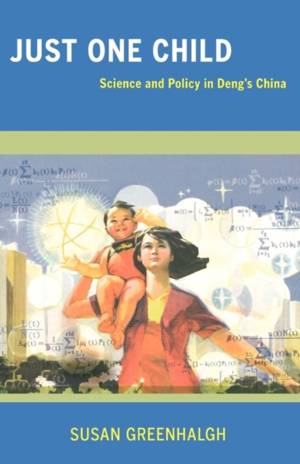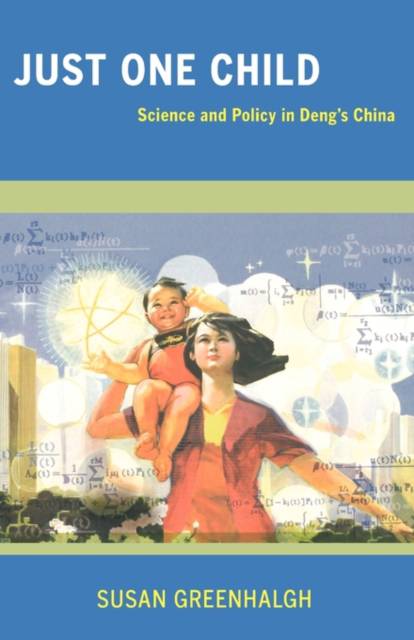
Bedankt voor het vertrouwen het afgelopen jaar! Om jou te bedanken bieden we GRATIS verzending (in België) aan op alles gedurende de hele maand januari.
- Afhalen na 1 uur in een winkel met voorraad
- In januari gratis thuislevering in België
- Ruim aanbod met 7 miljoen producten
Bedankt voor het vertrouwen het afgelopen jaar! Om jou te bedanken bieden we GRATIS verzending (in België) aan op alles gedurende de hele maand januari.
- Afhalen na 1 uur in een winkel met voorraad
- In januari gratis thuislevering in België
- Ruim aanbod met 7 miljoen producten
Zoeken
€ 59,45
+ 118 punten
Omschrijving
China's one-child rule is unassailably one of the most controversial social policies of all time. In the first book of its kind, Susan Greenhalgh draws on twenty years of research into China's population politics to explain how the leaders of a nation of one billion decided to limit all couples to one child. Focusing on the historic period 1978-80, when China was just reentering the global capitalist system after decades of self-imposed isolation, Greenhalgh documents the extraordinary manner in which a handful of leading aerospace engineers hijacked the population policymaking process and formulated a strategy that treated people like missiles. Just One Child situates these science- and policymaking practices in their broader contexts--the scientization and statisticalization of sociopolitical life--and provides the most detailed and incisive account yet of the origins of the one-child policy.
Specificaties
Betrokkenen
- Auteur(s):
- Uitgeverij:
Inhoud
- Aantal bladzijden:
- 426
- Taal:
- Engels
Eigenschappen
- Productcode (EAN):
- 9780520253391
- Verschijningsdatum:
- 13/02/2008
- Uitvoering:
- Paperback
- Formaat:
- Trade paperback (VS)
- Afmetingen:
- 158 mm x 226 mm
- Gewicht:
- 571 g

Alleen bij Standaard Boekhandel
+ 118 punten op je klantenkaart van Standaard Boekhandel
Beoordelingen
We publiceren alleen reviews die voldoen aan de voorwaarden voor reviews. Bekijk onze voorwaarden voor reviews.









